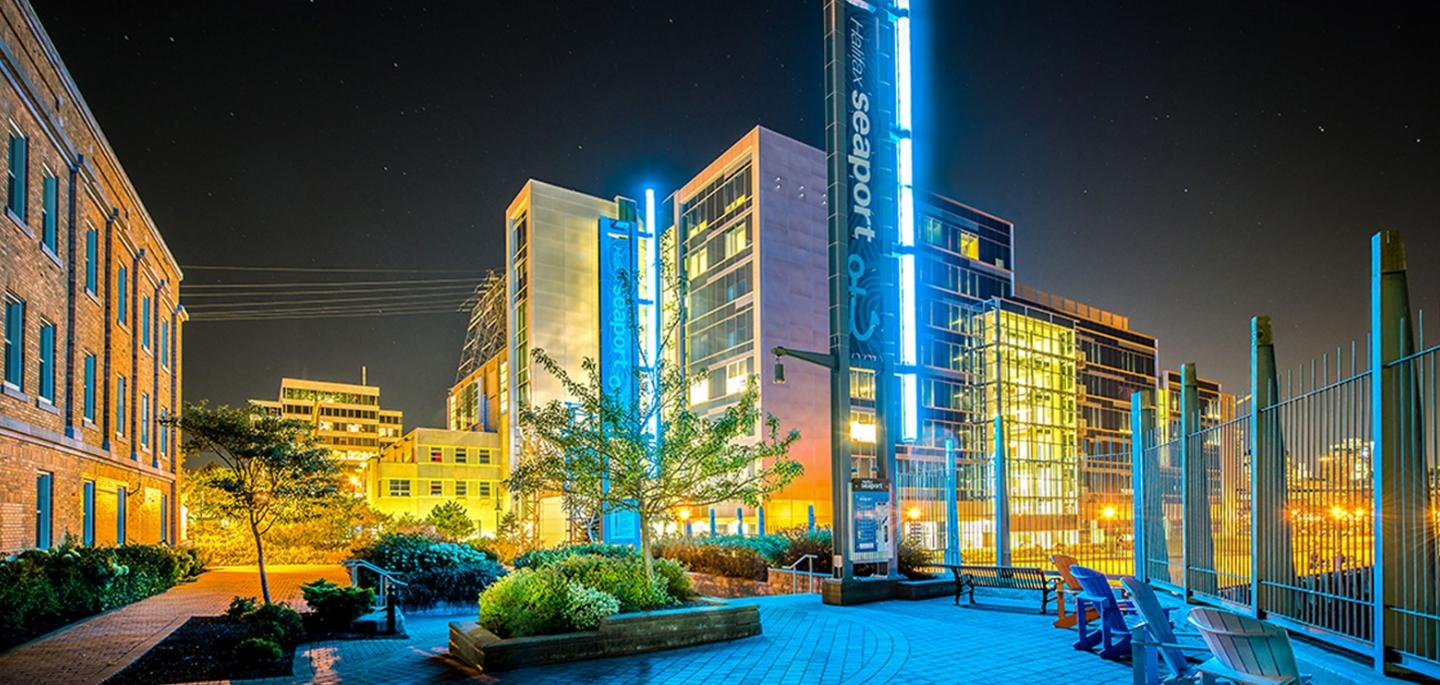Canada Meetings Blog
Canada Meetings
Canada Meetings brings inspiration, insights, and the latest news from around Canada’s business events industry. Our curated posts, practical advice and spotlight features help you make the most of meeting in Canada — north of the 49th parallel.
Canada Meetings
Canada Meetings brings inspiration, insights, and the latest news from around Canada’s business events industry. Our curated posts, practical advice and spotlight features help you make the most of meeting in Canada — north of the 49th parallel.
Find a Specific Article
Displaying 0 articles
No articles available. Select different filters or check back later.
